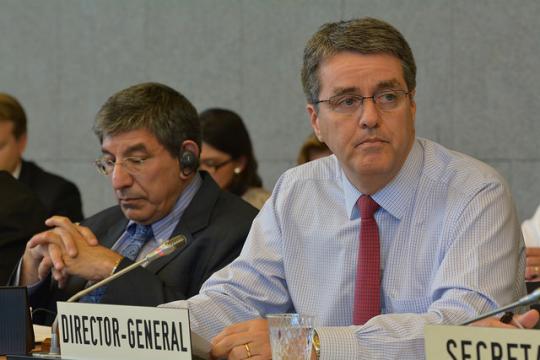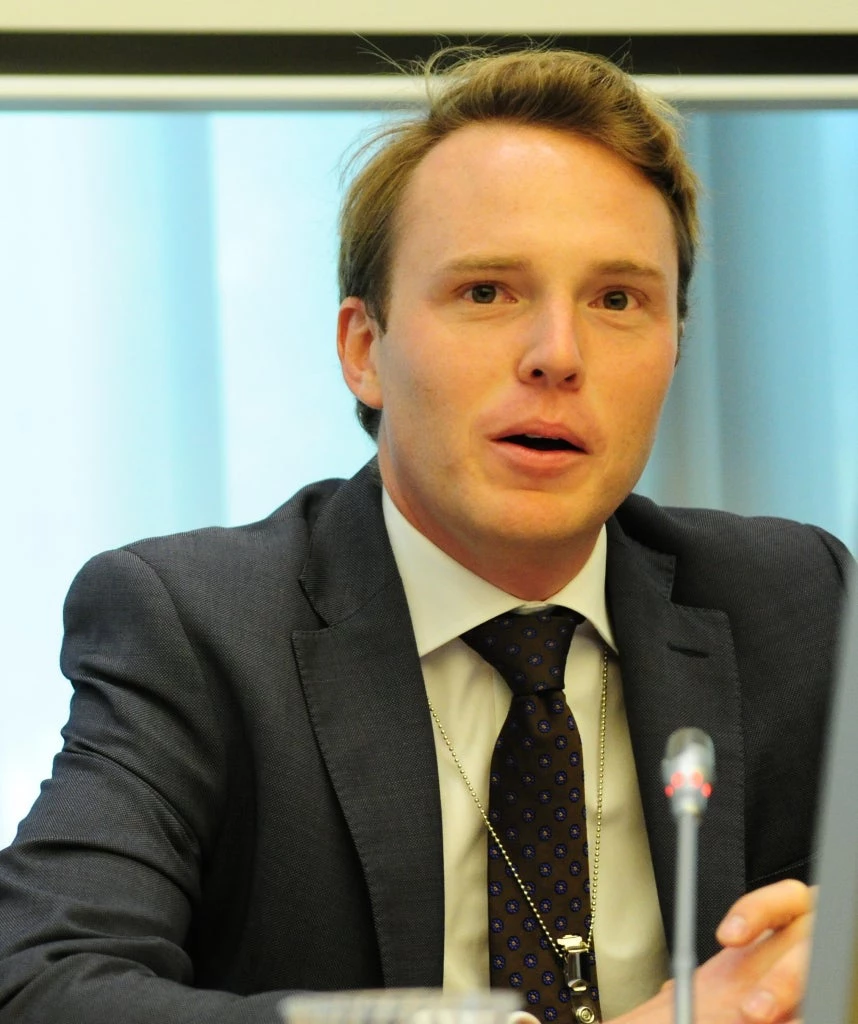 World Trade Organization Director-General Roberto Azevêdo opened the November 27 WTO General Council meeting with a bit of tongue-in-cheek humor: “It seems we liked Bali so much we wanted to do it all over again!” he said.
World Trade Organization Director-General Roberto Azevêdo opened the November 27 WTO General Council meeting with a bit of tongue-in-cheek humor: “It seems we liked Bali so much we wanted to do it all over again!” he said.
It was an important moment–WTO Members had decided to move forward with implementing the landmark Trade Facilitation Agreement (TFA) and other elements of the deal agreed at the December 2013 Ministerial Conference in Bali. Although it might have felt like a trip back in time for Azevêdo and others, the good news is that WTO Members, with the support of the World Bank Group and other partners, have now made significant progress toward implementing the TFA.
Since Bali, the World Bank Group has received requests for support from more than 30 countries through our Trade Facilitation Support Program, and in the last few months we have completed detailed assessment missions with one-third of these. Our visits by technical teams have been substantive, involving detailed assessments of how each country is complying with the TFA provisions. This has been done through work with government officials, private sector stakeholders and visits to operational locations including borders and ports. Importantly, our work with countries also involves identifying options for support by the Bank Group and other partners to allow them to fully implement the TFA.
The TFA is unique among WTO agreements: It allows developing country Members to decide for themselves on their implementation commitments and timelines. In fact 56 countries have already formally notified the WTO of which provisions of the TFA they will be able to implement immediately upon the Agreement’s entry-into-force. Each Member also needs to notify the WTO that they have formally accepted the legal protocol for the TFA. This formal process varies from country to country depending on national legal requirements. Once two-thirds of the WTO’s 160 Members have formally accepted the TFA, it will enter into force and become part of the WTO rulebook.
The key purpose of our work since Bali has been to help Members determine how they will sequence implementation of the TFA, and what assistance they will require from the Bank Group and partners to do so. Even before Bali, many of the TFA provisions were central to World Bank Group customs and border management projects and technical assistance activities. This means that many of our client governments are already well-advanced in their implementation efforts. Likewise, other development partners – both international organizations and bilateral donors – have been active in supporting border management reform. Our work on the ground to date has, however, clearly shown that a number of challenges lie ahead in effectively implementing the TFA.
Our TFA assessments confirm that customs administrations are generally more advanced than other agencies such as quarantine and standards in embracing automation and modern, risk-management-based, approaches to managing regulatory compliance. It matters little to traders if customs can clear goods in 30 minutes if other government agencies take two days or more to conclude their processing and clearance activities. In many countries more than ten agencies conduct operations at the border without much co-ordination. This not only hinders the consistent and integrated application of rules and regulations, but leads to multiple inspections and duplication of controls.
Effective implementation of the TFA means delivering trade facilitation benefits to the private sector, while protecting legitimate public objectives in areas such as revenue collection, community protection, and national security. This can only be achieved by ensuring that all the relevant government agencies involved in facilitating trade are actively engaged in the implementation process, and that there is wide consultation with other stakeholders. The TFA provides a new impetus for addressing this, building on the emphasis given to collaborative border management by the Bank Group and other partners for a number of years.
Our assessments have also highlighted the fact that while progress has been made on automating trade procedures, the full potential of such technology has not been realized. In many countries a raft of paper-based documents still need to be presented by hand to border management agencies, despite the existence of ICT-based systems.
A great deal of work also needs to be done to ensure traders have access to the regulatory and procedural information they need. While in some cases various websites exist the information is often incomplete and difficult to find. As a result the World Bank Group is assisting several countries – building on work with Lao PDR and Lesotho – to develop integrated Trade Information Portals where all the relevant information on laws, regulations, procedures, forms, tariff rates and fees can be obtained via one easy-to-search website.
By agreeing to move forward with the TFA, WTO Members have injected some much needed confidence into the multilateral trade negotiation process. The challenge now is to move ahead quickly to ensure the formal process of acceptance is completed and the Agreement enters into force. Achieving this by the 10th Ministerial Conference in December 2015 would sustain momentum and underline the commitment of Members to the TFA. While this is essentially an issue for national governments to tackle, the World Bank Group, working with other development partners, is doing our part by providing much needed practical support, boosting confidence that promised assistance is being delivered. Given the difficult progress on other aspects of the WTO’s Doha Development Agenda, it is critical that momentum is maintained both on formal acceptance of the TFA and on its practical implementation.
So, to pick up Director-General Azevêdo’s comment again, we might have been through the political process surrounding the Bali deal twice, but the persistence of WTO Members has paid off, with much progress having been made toward implementation. Nevertheless, WTO Member governments and the international development community have much work to do. The credibility of both the WTO and the development community depend on it - and so do many of the poorest countries in the world.




Join the Conversation